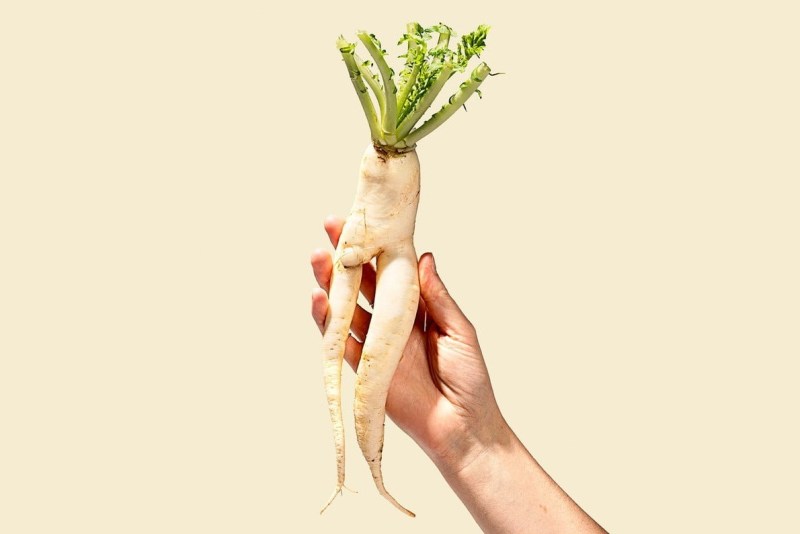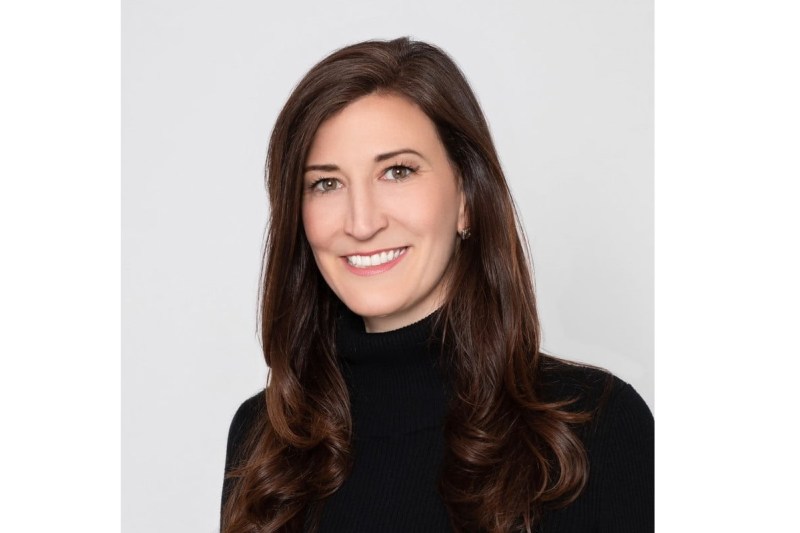Have you ever noticed how perfectly pristine the produce is displayed at your local grocery store? How shiny and pure each piece of food awaits, stacked impeccably in neat little displays, tempting your taste buds with each rounded mound of bright color and plumped perfection? This anything-but-ugly produce has spent hours in front of the mirror, primping, plucking, and polishing, in an effort to lure the buyer to their sides, rewarded with the chance to be taken home for you to consume with pleasure.
But what about those less-than-perfect pieces? The stumpy, the frumpy, the pieces that may have a blemish or slightly bulging figure? Don’t they deserve love, too? Every bit as tasty, fresh, and ready for the season, but perhaps not the first, most glamorous choice, these pieces of ugly produce are the neglected, the forgotten, and too often, the discarded. All because they aren’t the “lookers” of the food world. This is a shame because these pieces are often the ones with the best personalities.

In a world where green living and sustainability have finally, thankfully, become popularized, we as a culture are at long last searching for small, personal ways to contribute to the ever-important quest for saving the planet and doing our part to make at least a smaller dent in the world of food waste. We’ve become more knowledgeable about things like composting and practicing sustainable eating. Some are even making impressive steps in this way, doing incredible things like growing their own home gardens. We realize, though, that not everyone has the capacity to take on endeavors like these.
Enter problem-solving companies like Full Harvest and Misfits Market. These companies are rounding up the ugly ducklings of the food world and providing them to those customers for whom looks just don’t matter. They’re taking the pageantry out of produce, and it couldn’t come at a better time.
Forty percent of food grown globally is completely wasted, according to Full Harvest. A staggering 2.5 billion tons of food goes uneaten, due in large part to the strict aesthetic standards many grocery retailers have for the food they sell. Because the sad truth is, ugly produce just doesn’t fly off the shelves. We, as customers, have become so used to skipping over the misshapen apple, reaching instead for the picture-perfect version. The need for aesthetic perfection has become such an ugly obsession that it’s now endangering our planet.
Founder and CEO of Full Harvest, Christine Moseley, says on their website, “During a farm visit while watching romaine heart harvesting, I found myself stepping calf-deep on the beautiful, edible romaine leaves that were about to be churned back into the ground. Up to 75% of the romaine head was being wasted in order to pack the perfect-looking center romaine heart for grocery stores — more was being wasted than was being consumed…meanwhile, climate change is escalating and people are going hungry. This is unacceptable wasting so much precious food, all while running out of land, water, and healthy soil.”

Moseley’s disgust with this backward system propelled her to start Full Harvest, which helps farms capture imperfect and surplus produce to sell on their marketplace. They supply their perfectly imperfect foods to food and beverage companies through their own unique marketplace.
“…Reports show that more than a quarter of all edible produce does not even leave the farm. By using our system, farmers have the opportunity to increase their bottom line by up to 25%! We can help them unlock those excess sales within minutes online with access to new markets, creating more flexible supply chains. And that’s a game-changer,” Moseley told Global AgInvesting earlier this year.
Now that’s a company that deserves to be front and center in the produce section.
For those of us who aren’t in the professional food business, there are plenty of at-home delivery options for less-than-perfect foods. Such as Misfits Market, an online grocer also dedicated to fixing such a flawed system. Misfits Market takes the surplus and the odd-looking items that don’t necessarily level up to tough retail standards and provides them to the at-home customer through their delivery service.
Misfits Market “works directly with farmers and food producers to source organic produce, high-quality meats and seafood, sustainable pantry staples, and other groceries that might otherwise go to waste and deliver them to you at up to 40% off grocery store prices,” according to their website. If that weren’t impressive enough, Misfits is also passionate about giving back to their communities and helping to aid organizations like Feeding America.
“To stay committed to expanding food access and affordability nationwide, we partnered with Feeding America to help support the communities that do the same for us. We couldn’t be here without you: Through our partnerships with local community fridges, our skipped box donation program, and our summer mobile tour, you’ve helped us raise more than $155,000 and donate more than 1.5 million meals through Feeding America. To give that a little context, the total amount of food donated to date in 2021 was roughly 796,413 pounds, compared to 576,088 pounds donated in 2020,” their 2021 Year in Review reads.

With a free subscription and such immense savings, this resourceful, ever-growing company is helping the environmentally conscious, the charitable, and the frugal among us to shop smarter. They’re proudly advocating for the ugly produce, the misfits of the culinary world, and the bohemians of the grocery store displays. More importantly, the very heart of their mission is to help save the planet and give back to those in need.
These days, especially since the pandemic, more and more people are ordering their groceries online. Most major grocery store chains offer this service, and popular boxed meal kit subscriptions like Blue Apron and HelloFresh have seemingly eclipsed the days of traditional grocery shopping at the corner store. So there’s simply no reason not to enjoy the savings, convenience, and planet-saving goodness of companies like Misfits Market.
With the ever-expanding worries of our day-to-day environmental footprint, companies like Full Harvest and Misfits Market are helping us do a small part in contributing some good to our planet, one “bad apple” at a time.




